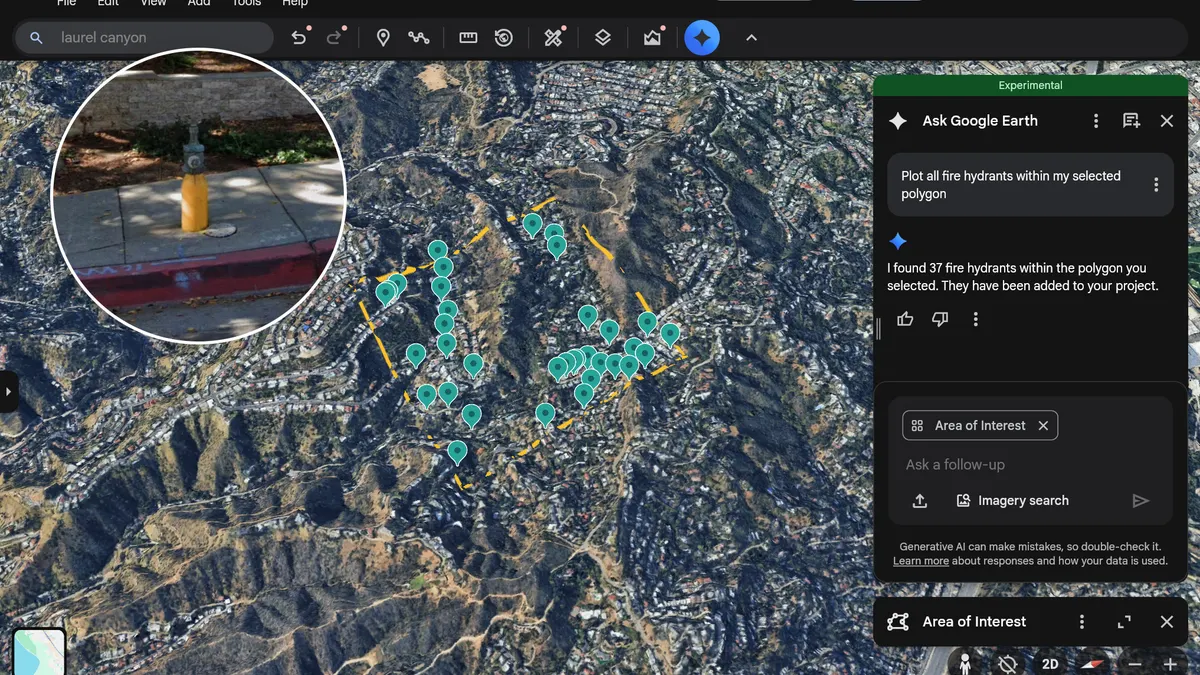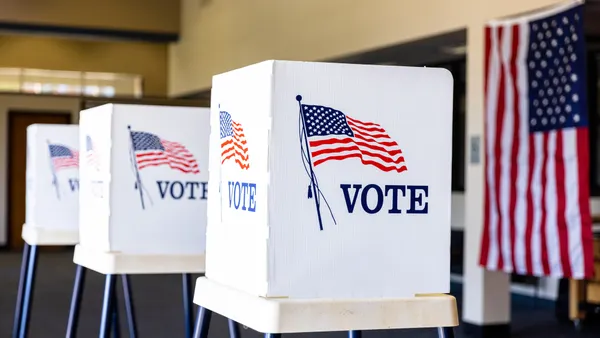Editor's note: This article was originally published in American City & County, which has merged with Smart Cities Dive to bring you expanded coverage of city innovation and local government. For the latest in smart city news, explore Smart Cities Dive or sign up for our newsletter.
New York City filed a lawsuit against the Trump administration last month after the federal government removed more than $80 million in Federal Emergency Management Agency grants from the city’s bank account — after the city had been awarded and received the grant money.
“[The federal government] took these funds from the city without any advance notice that it would be doing so and without communicating any decision or rationale to the city,” the lawsuit alleges.
The situation raised questions about the relationship between federal and local governments, one of them being: Can the federal government do that? If a city has applied for a federal grant, then the federal government has ability to access that locality’s bank account, said Emily Brock, director of the Federal Liaison Center for the Government Finance Officers Association (GFOA), in an interview with American City & County.
“Inside of every award-granting agency, a person on an entity’s finance account has an account number that is entered into a portal,” Brock said. “In almost every portal, the entity is surrendering their routing transit number and checking account number—that is a validated number that sits inside of a portal for that relationship.” Thus, from a technical standpoint, the federal agency — in this case, FEMA — had the tools to implement the clawback. “Should they do this? GFOA doesn’t have an answer for that,” Brock said.
The FEMA grants at stake in the New York City lawsuit were approved under the Biden administration, according to an Associated Press story in NY1, but they were not disbursed into the city’s bank account until Feb. 4. On Feb. 11, the Trump administration rescinded the funding from that same bank account, not long after Trump adviser Elon Musk wrote on his social media site X that funding from the grants was going toward housing immigrants in “luxury hotels.”
New York City’s lawsuit alleges the grants had already been approved and were being used for migrant shelters as intended. The suit goes on to describe the federal government’s retrieval of the grants as “a lawless money grab with a veneer of administrative process.”
The incident comes against the backdrop of scrutiny of federal spending led by Musk and the Department of Government Efficiency, as well as federal funding freezes from the Trump administration that have been challenged in court by nonprofits, state attorneys general and others.
If an entity determines the federal government’s recouping of the grants is not justified based on the contract between both parties, then litigation can occur, said Brock.
The GFOA, which represents public finance officials in the U.S. and Canada, has a page on its website dedicated to “guiding principles in grants management.” A good practice for all local governments is to maintain a good inventory when it comes to grants, Brock added.
“Make sure you have a list of all your grants,” she said. “Make sure you understand what you need to deliver to the federal government … and, finally, make sure you exercise due diligence before you enter into those third-party contracts.”
On March 5, U.S. District Judge Jennifer Rearden denied New York City’s request that the funding be returned immediately, ruling that the city failed to show “irreparable harm” due to the loss and that the city could still recover the grants if the lawsuit continues, Reuters reported.
Secretary of Homeland Security Kristi Noem issued a statement Feb. 12 on X that she had “clawed back the full payment that FEMA deep state activists unilaterally gave to NYC migrant hotels.”
New York City Comptroller Brand Lander, who advocated for the city to pursue litigation, described the action by the federal government as a “highway robbery of our funds directly out of our bank account.”












